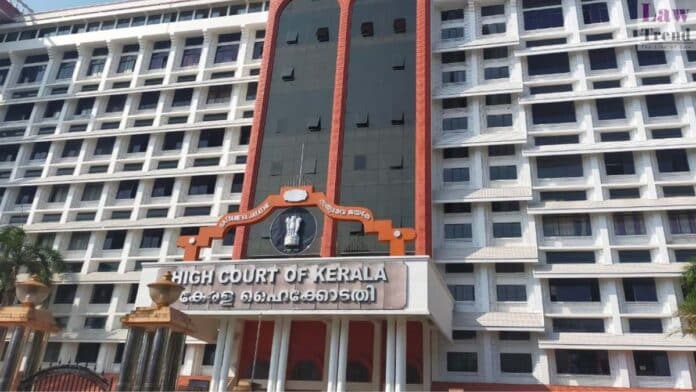In a definitive ruling, the Kerala High Court has emphasized the role of public prosecutors as independent decision-makers, stating they must not act merely as “government puppets” when considering the withdrawal of a case. Justice K. Babu underlined that public prosecutors must apply their minds critically and ensure that their decisions align with the public interest, even when faced with government requests to withdraw prosecution.
This decision came to light during the hearing of a petition filed by Muhammed Ashraf, who sought to overturn a trial court’s refusal to dismiss charges against him. Ashraf was implicated in charges of verbal abuse, threats, and assault against sub-inspector P.V. Nirmala of the Payyanoor police station, with allegations including threats to burn her in the course of an investigation.
Although the assistant public prosecutor initially moved to withdraw the case citing a directive under Section 321 of the Code of Criminal Procedure (CrPC), the trial court denied the request due to the severity of the accusations, which warranted a comprehensive trial. Ashraf’s subsequent revision petition to the High Court also fell short, with the court observing that the decision to withdraw seemed influenced by external factors rather than an independent evaluation of the case’s merits.
Justice Babu stated, “It is the duty of the public prosecutor to assure himself, after reviewing all relevant materials, that the withdrawal of the case indeed serves the public interest and does not obstruct or cause injustice.” The court further noted that prosecutors should not only seek permission for withdrawal but also provide a reasoned explanation that can assist the court in determining the appropriateness of such actions.
In dismissing Ashraf’s petition, the Kerala High Court reiterated the necessity of maintaining the judiciary’s integrity and the importance of unbiased prosecutorial decisions. The trial will continue, with the court ordering its completion within three months and appointing a lawyer for the victim through the High Court Legal Services Committee.




